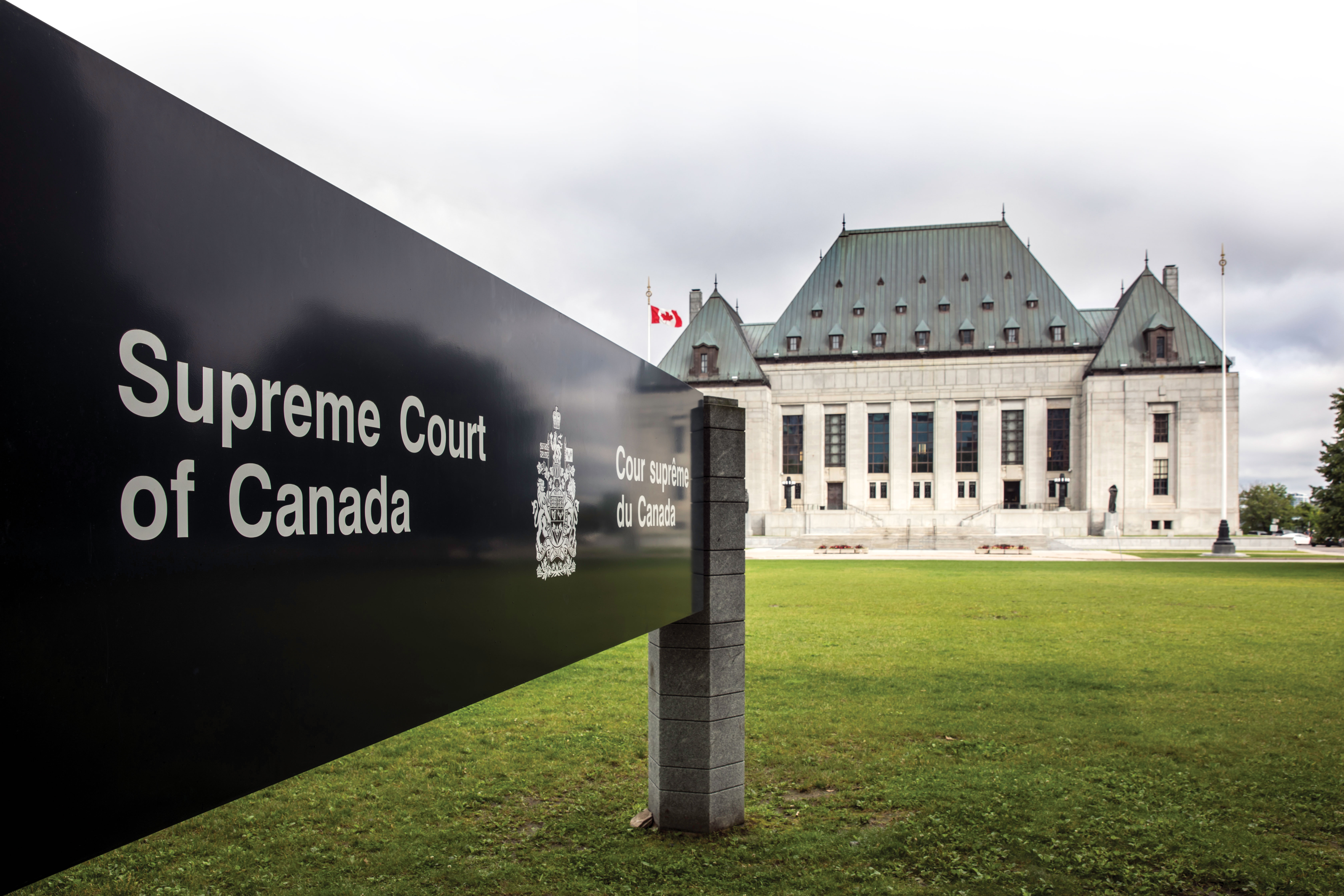
Earlier this year, the Supreme Court of Canada ruled in a 5-2 judgment that Canada’s military justice system does not violate the Canadian Charter of Rights and Freedoms, especially with respect to trial by jury.
The case arose out of a guilty verdict in the court martial of Master Corporal Raphael Beaudry, who was charged in December 2014 with sexual assault causing bodily harm. Beaudry appealed the verdict to the Court Martial Appeals Court, which found that serving members of the military should have the right under the Charter to elect trial by jury, as is the case with civilian prosecutions, instead of appearing in front of a court martial panel consisting of a military judge and five members of the armed forces.
The case had the potential to throw the military justice system into chaos.
Canada’s military justice system evolved from the British military justice system and is encapsulated in a number of key documents, including the National Defence Act of 1950 and Queen’s Regulations and Orders for the Canadian Forces. It differs from civilian criminal justice in that it is designed to “maintain discipline, efficiency and morale in the military,” according to the Department of National Defence.
Military justice in Canada parallels civilian criminal justice and preserves the rights of individual military members as Canadian citizens, as laid down in the Charter. The notion that military members’ Charter rights may be abridged by the military justice system has been challenged several times since the Charter was signed by Queen Elizabeth II on April 17, 1982. July’s ruling was, in effect, a repeat of earlier rulings.

Why does the military need its own justice system?
The military exists to fight wars, and fighting wars consists of using lethal force to kill people and destroy property at the behest of the state, which is something that is not part of the mandate of any other group in our society, including civilian police.
In day-to-day society, for example, not showing up for work without notice may get a person fired, but not charged with a legal offence. If a soldier in a conflict decides for no valid reason to abandon his or her post, putting lives and missions at risk, the soldier is certainly committing an offence. (An example of a valid reason would be if a medical condition, such as post-traumatic stress disorder, caused the soldier’s failure to carry out his or her duties.)
After the Charter became law in Canada and especially after the Somalia affair 1993, which erupted after a Somali civilian was beaten to death in a Canadian army base at Belet Huen, Somalia, some senior Canadian officers questioned whether the Charter should apply to members of the armed forces. They were particularly concerned that the individual rights guaranteed by the Charter would stand in the way of maintaining discipline in the armed forces.
In fact, the Charter had already addressed that issue. It guarantees a trial by jury for anyone charged with an offence that could result in a sentence of five years or more…with the exception of military members.
In the Beaudry case, the two dissenting justices did not question the validity of the military justice system; they only took issue with whether such offences would be tried by military courts martial if they were committed on or off military property in Canada.
The decision leaves Canada’s military justice system intact and removes an important roadblock in the operation of the system for more than 68,000 regular-force members.
Advertisement























